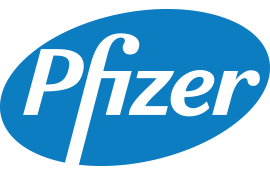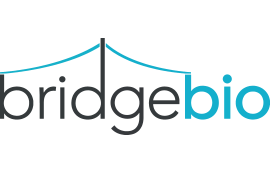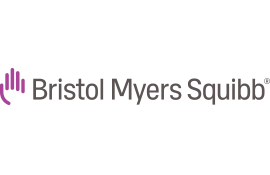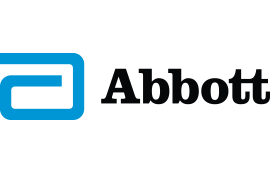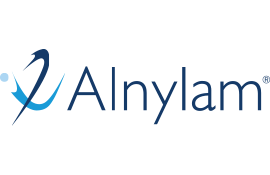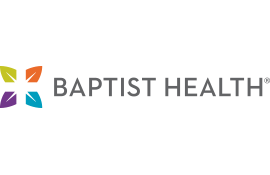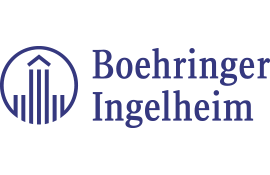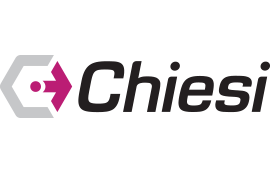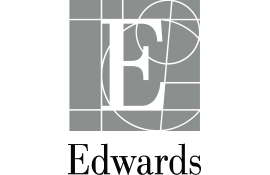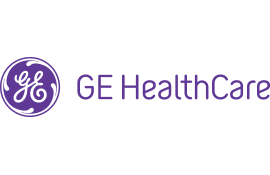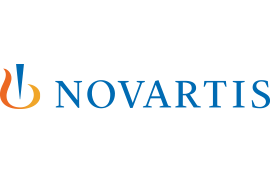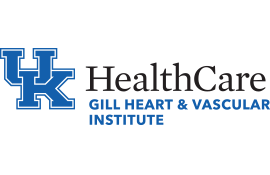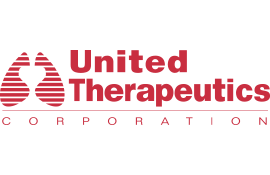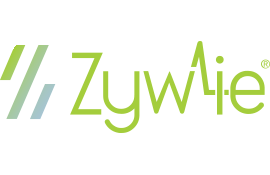2025 Annual Meeting - Agenda

Thank You 2025 Annual Meeting Sponsors
The KY-ACC annual conference is the premier educational and networking opportunity for cardiologists and cardiovascular team members in the Commonwealth of Kentucky. It draws approximately 300 attendees each year including cardiologists, fellows-in-training, physician assistants, advanced practice nurses, pharmacists, technicians, and cardiology practice managers.
The KY-ACC Annual Scientific Meeting, one of the largest state chapter meetings in the nation, will feature leading national and local experts who will present sessions on clinical and professional issues and innovations in cardiology. The day will conclude with FIT Jeopardy—don’t miss this exciting event as the best and brightest fellowsin- training from around Kentucky face off to test their knowledge in a winner-take-all match.
** Subject to change
|
SATURDAY, OCTOBER 11, 2025 |
|
|---|---|
|
07:00 AM |
Registration Opens |
|
07:30 AM - 09:00 AM |
Technology Showcase, Exhibitors, and Breakfast |
|
08:00 AM - 08:30 AM |
Speed Dating |
|
08:30 AM - 09:00 AM |
WIC Breakfast & Exhibitors Speaker: Michele Friday, MD |
|
09:00 AM - 09:20 AM |
Governor's Address Speaker: Dinesh K. Kalra, MD |
|
09:20 AM - 09:40 AM |
Honorable Maestro Award Speaker: Christopher Johnsrude, MD, MS, FACC |
|
09:40 AM - 10:30 AM |
Balancing on 4 Pillars - Pharmacologic Approach to Heart Failure Mangement This session will review the classification of heart failure and the approach to initiation and titration of guideline directed medical therapy based on the 2022 AHA/ACC/HFSA Heart Failure Guideline as well as the 2024 ACC Expert Consensus Decision Pathway for Treatment of Heart Failure With Reduced Ejection Fraction. In addition, this session will discuss strategies at the practice and health system level to improve heart failure management and outcomes. Learning Outcomes:
Speaker: Lee Goldberg, MD, MPH |
|
10:30 AM - 11:15 AM |
Break with Exhibitors & Poster Viewing/Judging |
|
11:15 AM - 11:30 AM |
Pick up Lunch |
|
11:30 AM - 12:15 PM |
Advocacy/PAC Update Speaker: Dinesh Kalra, MD; Patricia Grodecki, MD, FACC; Cory Meadows, JD Moderator: Gillian Leung |
|
12:15 PM - 01:00 PM |
Oral Abstract Presentations & Awards (3) |
|
01:00 PM - 01:15 PM |
Break with Exhibitors |
|
01:15 PM - 02:00 PM |
Additional information coming soon. Speaker: Partho Sengupta, MD, DM, FACC, FASE |
|
02:05 PM - 03:05 PM |
Track 1 The Cardiac Critical Care Session will feature 4 speakers discussing topics relevant to the management of a specific clinical case over the course of a cardiovascular intensive care encounter. The case will be presented by a cardiology fellow in training, followed by presentations by three experts in critical care management. Topics to be reviewed include the medical management of patients with cardiogenic shock and the role of mechanical circulatory support in the management of cardiogenic shock. The session will conclude with a presentation aimed at fellows in training highlighting the path towards a career in cardiac critical care. Learning Outcomes:
Moderator: Jasdeep Dhaliwal, MD Speakers: Sonu Abraham, MD; Vasili Katsadouros, DO; Jeffrey Spindel, DO; Siddharth Pahwa, MD Session Chair: Paul Anaya, MD, Ph.D. Cardio-Kidney-Metabolic: Breaking Down Silos The session will provide an overview of the emerging field of cardio-kidney-metabolic disease. Topics include case, conversation on preventive cardiology, updates on pharmacotherapy in CKM, and the important role of obesity management. Learning Outcomes:
Moderator: Kaitlin Hile, PharmD, BCCP Speakers: Sonali Arora, MD; Craig J. Beavers, PharmD; Matthew Raymond, MD; Matthew "Korey" Shotwell, MD Session Chair: Craig J. Beavers, PharmD |
|
03:05 PM - 03:10 PM |
Break |
|
03:15 PM - 04:15 PM |
Track 2 Our panel of speakers will discuss the latest challenges and advancements in women's heart health. Explore the unique aspects of microvascular heart disease, discover the latest imaging techniques and modalities used to diagnose and manage heart disease in women. Identify distinct and unique risk factors that contribute to heart disease in women. Learn about symptoms, diagnosis and management of POTS as well as its implications for heart health in women. Learning Outcomes:
Moderators: Tatyana Lemelman, MD, Kelly Waespe, MD Speakers: Nachiket Apte, MD; Ashley Brunmeier, MD; Amr Idris, MD, FACC, FASNC, FASE; Brianna Skaff, MD Session Chair: Michele Friday, MD Review of the incidence, epidemiology and management of peripheral arterial disease. Provide an update on the endovascular and surgical management of PAD as well as a look at emerging technologies. Learning Outcomes:
Moderator: Siddharth Pahwa, MD Speakers: David Dockray, MD; Mohammad Malik, DO; Melissa Perrotta, MD, FAAP, FACC; Gery Tomassoni, MD Session Chair: Omran Abul-Khoudoud, MD |
|
04:20 PM - 05:00 PM |
FIT Jeopardy Chair: Steve Leung, MD |
